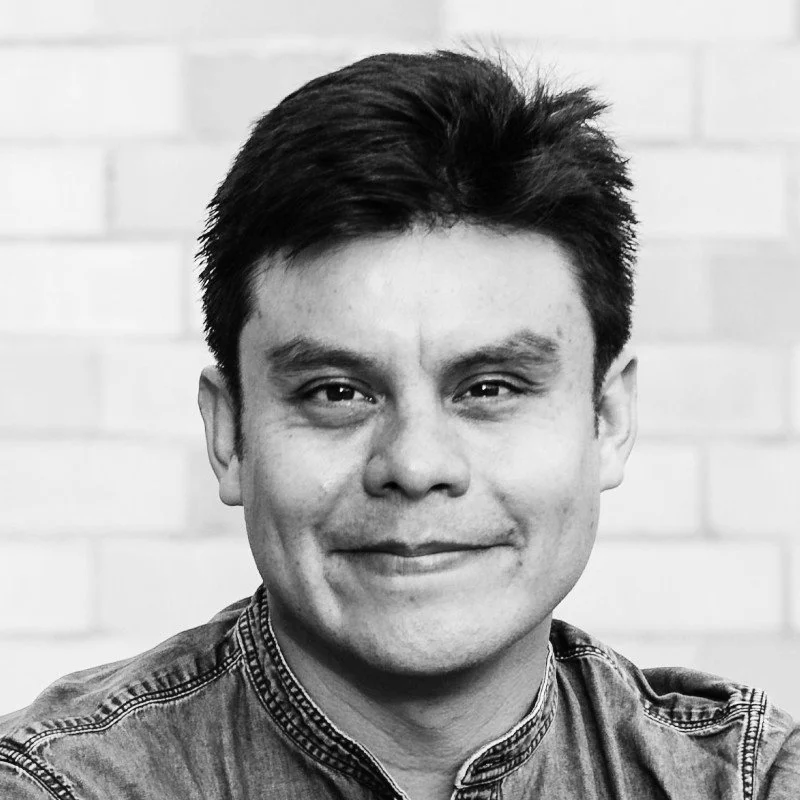The Impact of Hispanic Heritage Month on Mental Health
By Mario Chamorro and Sofía Tamayo
What is Hispanic Heritage Month?
Hispanic Heritage Month, celebrated annually from September 15 to October 15, is often seen as a time to honor the rich contributions of Hispanic and Latinx communities. Yet, its significance goes beyond celebrating culture; it plays a critical role in promoting mental health and well-being within these communities. Recognizing the diverse experiences and challenges faced by Latinx individuals is essential to fostering a sense of belonging and addressing mental health disparities.
Mental Health Challenges in the Latinx Community
Migration presents profound mental health challenges for many in the Latinx community. While migration often represents hope and opportunity, it is frequently accompanied by stressors like language barriers, cultural dislocation, and discrimination. These factors can lead to feelings of isolation, anxiety, and depression. Studies show that immigrants from Latin America are more likely to experience higher rates of mental health issues compared to native-born individuals. The challenge of adapting to a new environment while maintaining a connection to one’s cultural identity can take a significant toll.
Hispanic Heritage Month offers an important opportunity to confront these challenges by increasing visibility and representation. Celebrating the contributions of Latinx communities fosters a sense of pride and belonging for those who may feel marginalized. This recognition can help combat feelings of invisibility and low self-worth, which are closely tied to mental health struggles. By highlighting achievements in areas such as the arts, sciences, and politics, Hispanic Heritage Month honors past contributions and inspires future generations.
Embracing Diversity and Inclusion
Promoting inclusion during his has tangible mental health benefits. When communities embrace diversity, individuals feel safer and more supported in expressing their identities. This inclusivity can help reduce the stigma surrounding mental health, encouraging people to seek help when needed. Creating environments where cultural differences are valued fosters healthier, more connected communities.
The path to inclusion remains fraught with challenges. Many Latinx individuals continue to face barriers to accessing mental health resources, including stigma, a lack of culturally competent care, and economic disparities. Addressing these obstacles is critical to ensuring equitable access to mental health services for all.
Expanding Virtual Mental Health Care
As awareness of the need for culturally competent therapy grows, a growing number of solutions is available to connect Latinx people with therapists from their own community. Virtual care plays a huge role in ensuring that quality, culturally competent care is readily available. Expanding culturally competent therapy is going to be key to building trust and ensuring that therapy is accessible and effective.
As we celebrate Hispanic Heritage Month, it’s crucial to remember the deeper significance it holds for mental health in Latinx communities. By creating spaces that prioritize cultural understanding and inclusion, we can help individuals feel seen and valued, and reduce the barriers to getting the right treatment, leading to better mental health outcomes for everyone.
About The Authors:
Sofía Tamayo
Sofía Tamayo Briceno is a Growth Specialist at Terapify with a degree in Psychology from the Pontificia Universidad Católica del Perú. Specializing in Dialectical Behavioral Therapy (DBT), she combines her expertise in mental health with her passion as a certified yoga instructor. An avid traveler and nature enthusiast, Sofía finds inspiration in exploring natural landscapes, merging her commitment to personal wellness with her professional journey.
Mario Chamorro
Mario Chamorro is an entrepreneur and happiness activist with over 20 years of experience. He co-founded OYE, a mental health app with J Balvin, and led Coursera's expansion in Latin America, impacting 17 million people. As VP of Marketing at SOMA Messenger, he quickly achieved 10 million downloads and contributed to creating the U.N.'s International Day of Happiness.
Get Mental Health Care
We’d love to connect you or someone you know with mental health care. To refer a child/teen/adolescent or yourself, please call (877) 992-2422 or click here to make a referral. Bradley REACH’s expert teams of psychologists, psychiatrists, social workers, and nurses provide intensive mental health care and therapy to teams and families, virtually, in New England, Massachusetts, Connecticut, New Hampshire, Rhode Island and Florida.
DISCLAIMER:
The information, including but not limited to, text, graphics, images and other material contained on this website are for informational purposes only. No material on this site is intended to be a substitute for professional medical advice, diagnosis or treatment.
If you or your child are in crisis or experiencing mental health problems please seek the advice of a licensed clinician or call 988 or Kids Link in Rhode Island.














